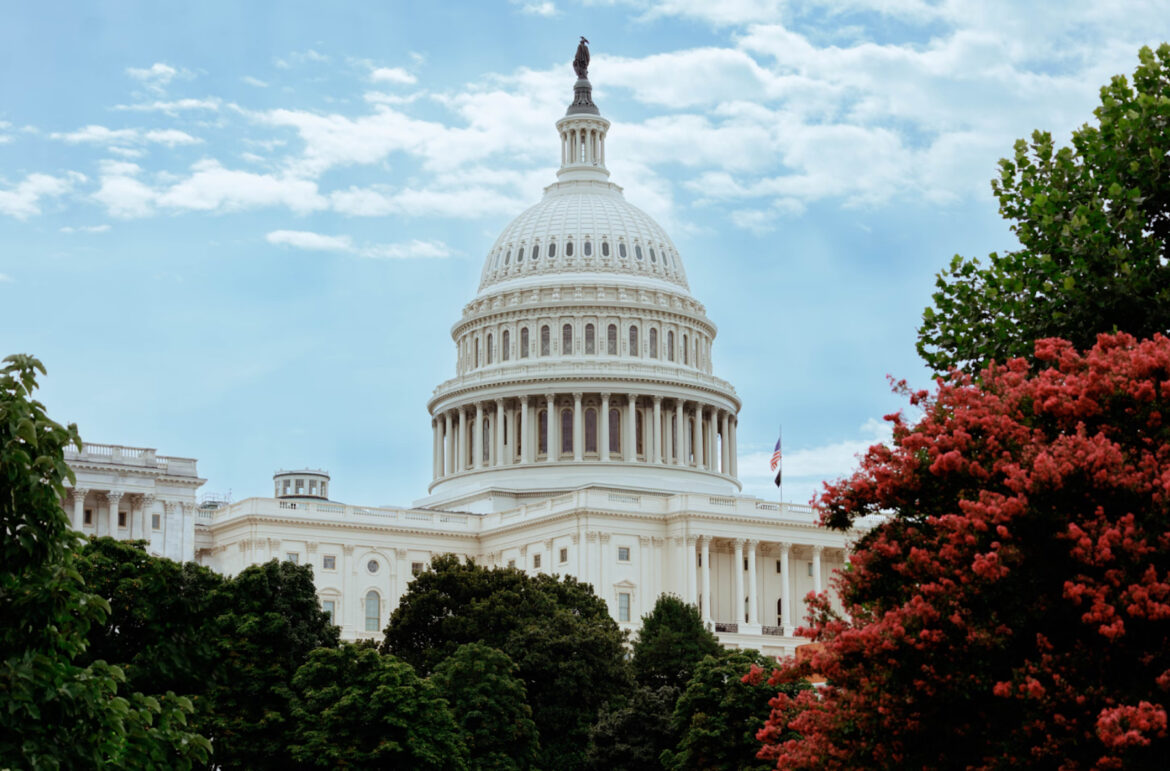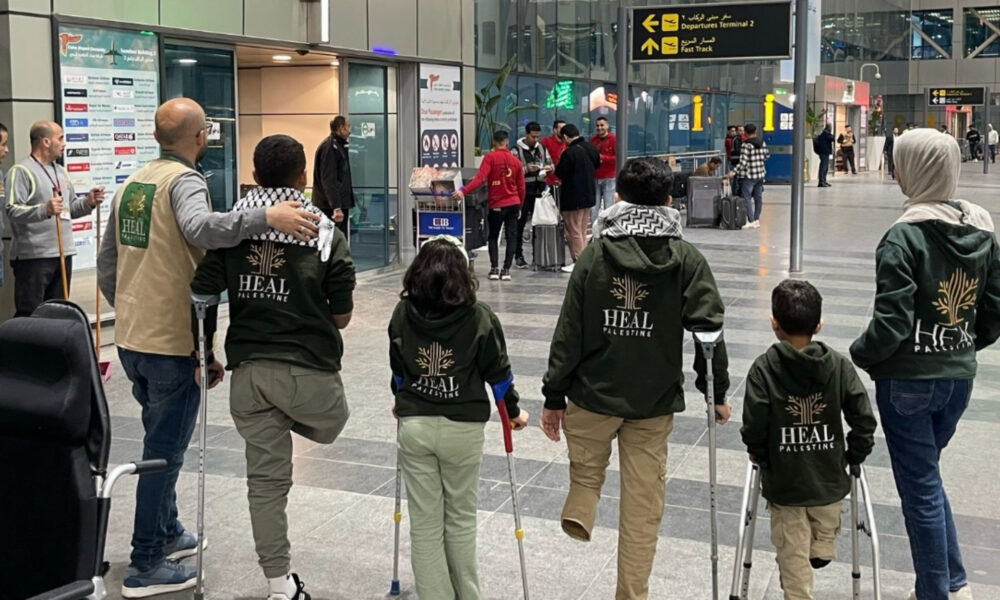Photo courtesy of Unsplash
After working on her application for weeks, Anuva Wardah, a junior at Stony Brook University (SBU), submitted her resume, transcript and three references to the U.S. Department of State Foreign Service Internship program. She was offered the two-year position in October and was set to spend her summer in Washington, D.C., working with the Bureau of Energy and Economic Growth. She underwent a grueling federal security clearance process — which could take up to five months — in order to participate in the program.
Following President Donald Trump’s hiring freeze, Wardah witnessed her peers’ internship offers being revoked, and she worried the same would happen to her. Her program administrator assured her that the internship would not be cancelled like other federal programs, she said. On March 14, Wardah’s offer was rescinded “in accordance with the President’s Executive Order.”
“It was intensely disappointing,” Wardah said. “We were set for two years, and to have all of that crumbling and being faced with the really half-effort rescinded emails we were receiving, it was upsetting to say the least.”
Excited about potentially contributing to life-changing scientific research on cellular aging, Fritz Ebner submitted his resume, transcript, a personal statement and two references to the National Institutes of Health (NIH) summer internship program (SIP). On Feb. 26 — the day after the application was due — he received an email saying the program was cancelled as a “result of uncertainty.”
Ebner, a sophomore at SBU, called the late decision “angering” and “poorly timed.”
Both Wardah’s and Ebner’s cancellations came as other federal agencies and federally-funded programs began rolling back their programs.
The SIP seeks to “support diverse students to enter careers in research and healthcare,” according to its website. Similarly, the Foreign Service Internship Program considers merit and demonstrated financial need as “key factors in the selection process.”
Amid attacks on diversity, equity and inclusion (DEI) from the Trump administration, federal employees and organizations have faced repercussions for promoting DEI. Four days after Wardah’s internship cancellation, the Trump administration removed DEI from foreign service recruitment.
“A lot of these programs are very specifically on funding underrepresented and underserved groups,” Ebner said. “Even beyond that, to get into very selective grad schools, you need that kind of consistent career development… It definitely does stunt the career a little bit.”
“Foreign service is a really hard field to break into,” Wardah said. “My program was one of the only programs out there that truly recognized that this was a problem. If you’re working in foreign service you’re going to need a diversity of opinions and thought and cultures… Foreign service is going to suffer immensely.”
A student who participated in the 2024 NIH SIP spoke to The Press, but asked to remain anonymous. The student said government cutoffs are impacting many programs, and she didn’t want to bring attention to her institution.
“There’s just a very skewed view of what DEI actually is,” she said. “Knowing the history of the NIH and how much work is being done in terms of racial disparities and working with inequity and stuff like that, I do think that DEI plays a role in it.”
The student described her NIH experience as “eye opening,” and the diversity within the program as “inspiring.”
“It was very encouraging for me just seeing how many Black doctors there were both working at the NIH, and then also, how many grad students from all different backgrounds,” she said.
The NIH has made multiple statements in recent years regarding the importance of diversity in science. In 2021, former NIH Director Dr. Francis S. Collins apologized for “structural racism” and how it has impacted scientists.
Regina Joice Cordy, associate professor of biology at Wake Forest University, emphasized the importance of supporting scientists from various backgrounds.
“There’s been a lot of studies showing the lack of diversity in the upper levels of science,” she said. “I think seeing these programs not being funded is really disappointing and can be real damaging for that.”
Wardah said she hasn’t found a summer internship yet, but she doesn’t plan on letting the setback affect her.
“It’s empowered me to go into foreign service even more,” she said.
Ebner is holding out hope for the other summer programs he applied to. However, he said it was “impossible” to not worry about the future of other scientific programs.
“There’s been a barrage of disheartening news in regards to scientific funding,” he said. “But it definitely isn’t the nicest news to hear when it’s a similar funding route for a lot of the other programs.”
Correction 5/15/25: An earlier version of this story wrote that Wardah wrote 12 personal statements for her application. She instead wrote 12 personal statements over the application period for various federal programs.




Comments are closed.